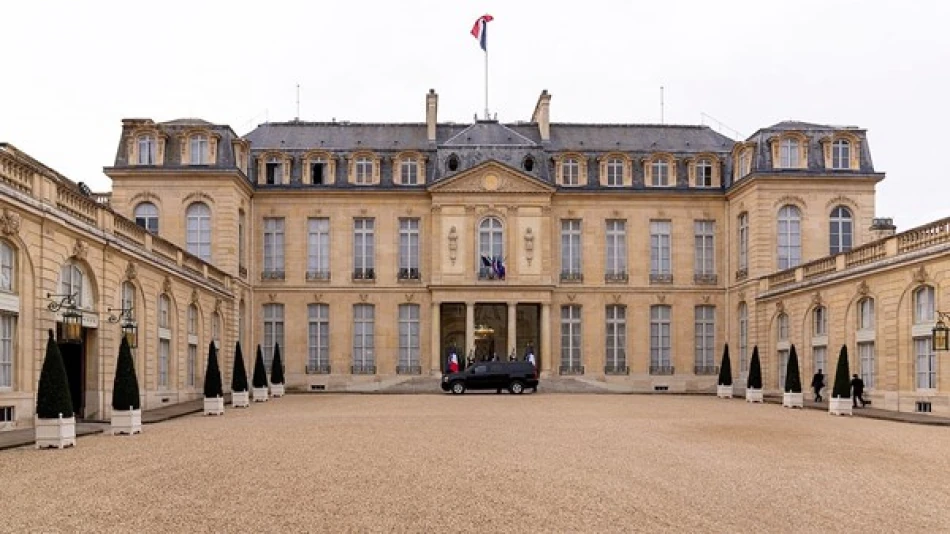
France Unveils New Government: Shaping a Fresh Political Landscape
French President Emmanuel Macron appointed a new government Sunday led by Prime Minister Sebastien Lecornu, who faces the immediate threat of a no-confidence vote in France's deeply divided parliament. The cabinet reshuffle keeps key ministers in place while making strategic changes to defense and finance portfolios.
The Élysée Palace announced that Foreign Minister Jean-Noël Barrot, Interior Minister Bruno Retailleau, and Justice Minister Gérald Darmanin will keep their positions from the previous government. But Macron made notable shifts in other critical roles.
Bruno Le Maire, the former economy minister, moves to head the defense ministry. Meanwhile, Roland Lescure takes over the finance portfolio - a crucial position as France grapples with budget pressures and EU fiscal rules.
Macron originally appointed the 39-year-old Lecornu in early September. But the prime minister now enters office facing a fractured National Assembly where opposition parties from both left and right could unite to bring down his government.
The political math looks challenging. Macron's centrist alliance lost its parliamentary majority in 2022 elections, and recent legislative votes have shown how quickly opposition groups can form coalitions against his policies.
For markets, the key question centers on France's ability to pass budgets and implement economic reforms. The country faces pressure from Brussels to reduce its deficit, but any austerity measures could trigger the very parliamentary revolt that brings down Lecornu's government.
This marks another attempt by Macron to find stable governance in his final years as president. Previous prime ministers have struggled with the same parliamentary arithmetic, and there's little indication the political landscape has shifted in Lecornu's favor.
Most Viewed News

 Layla Al Mansoori
Layla Al Mansoori






